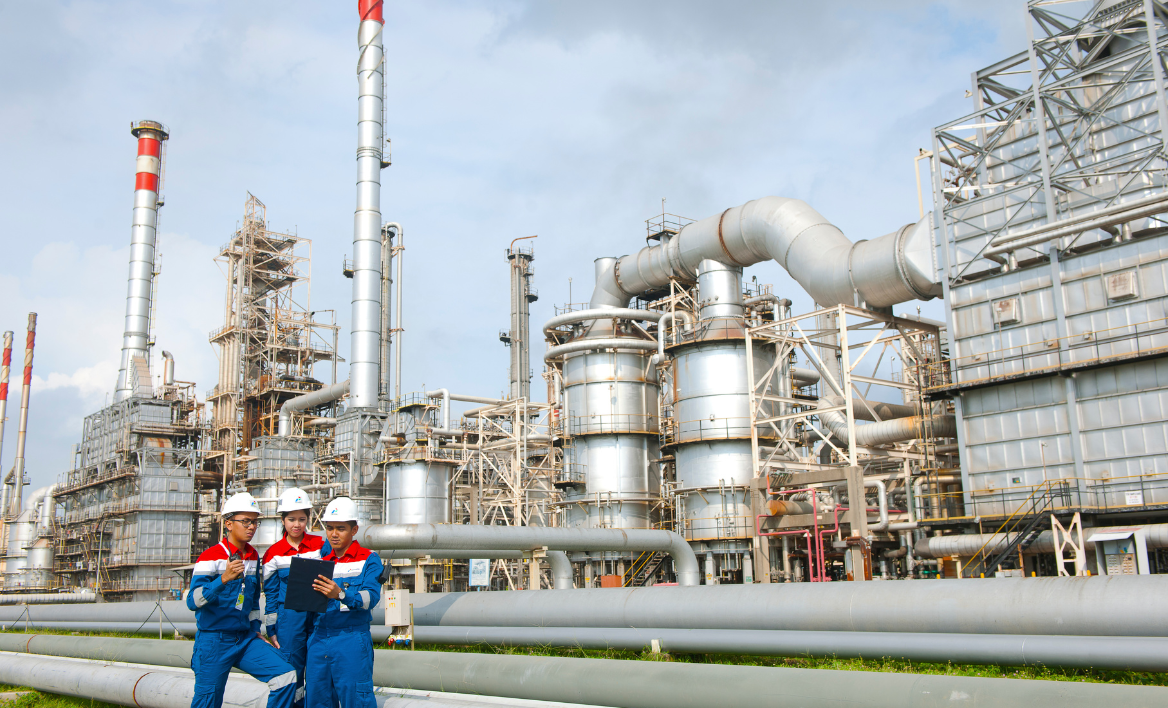Get to Know More about Petrochemical

Petrochemicals are a branch of chemistry that focuses on the production and application of chemical compounds derived from petroleum and natural gas. These compounds play a crucial role in various aspects of modern life, serving as raw materials for industrial production and consumer products.
Petrochemicals in Various Industries
The petrochemical industry is essential to multiple sectors, including:
Plastics Industry: Petrochemical compounds such as ethylene and propylene serve as key raw materials for various types of plastics.
Textile Industry: Synthetic fibers such as nylon and polyester, derived from petrochemicals, provide durable alternatives to natural fibers.
Synthetic Rubber Industry: Butadiene, a petrochemical derivative, is used in the production of synthetic rubber for tires and other rubber-based products.
Pharmaceutical Industry: Many medicines and pharmaceutical products are developed using petrochemical-based compounds.
Agricultural Chemicals: Fertilizers and pesticides often contain petrochemical-derived compounds that enhance agricultural productivity.
Examples of Petrochemical Compounds
Some of the most commonly used petrochemical compounds include:
Ethylene: Used in the production of polyethylene, one of the most widely used plastics.
Propylene: A key component in polypropylene, used in a variety of plastic products and fibers.
Benzene: Essential for producing nylon, synthetic rubber, and other chemical compounds.
Toluene: Used as a solvent and in the production of explosives and other industrial chemicals.
Xylene: Commonly used in the production of polyester and as a solvent in paints and coatings.
Petrochemical Production Process
The production of petrochemicals typically involves several key stages:
Fractional Distillation: Crude oil is separated into various fractions based on boiling points through distillation.
Cracking: Large hydrocarbon molecules are broken down into smaller ones through thermal or catalytic cracking to produce olefins such as ethylene and propylene.
Reforming: This process converts naphtha into aromatic compounds like benzene, toluene, and xylene.
Purification: The produced compounds undergo purification to remove impurities and achieve the required level of quality before further industrial use.
Conclusion
Petrochemicals are versatile chemical compounds that serve as the foundation of various vital industries. From plastics to synthetic fibers, rubber to industrial chemicals, petrochemical-derived products play an indispensable role in modern society. The extensive applications of petrochemicals underscore their significance in supporting industrial growth and technological advancements.







